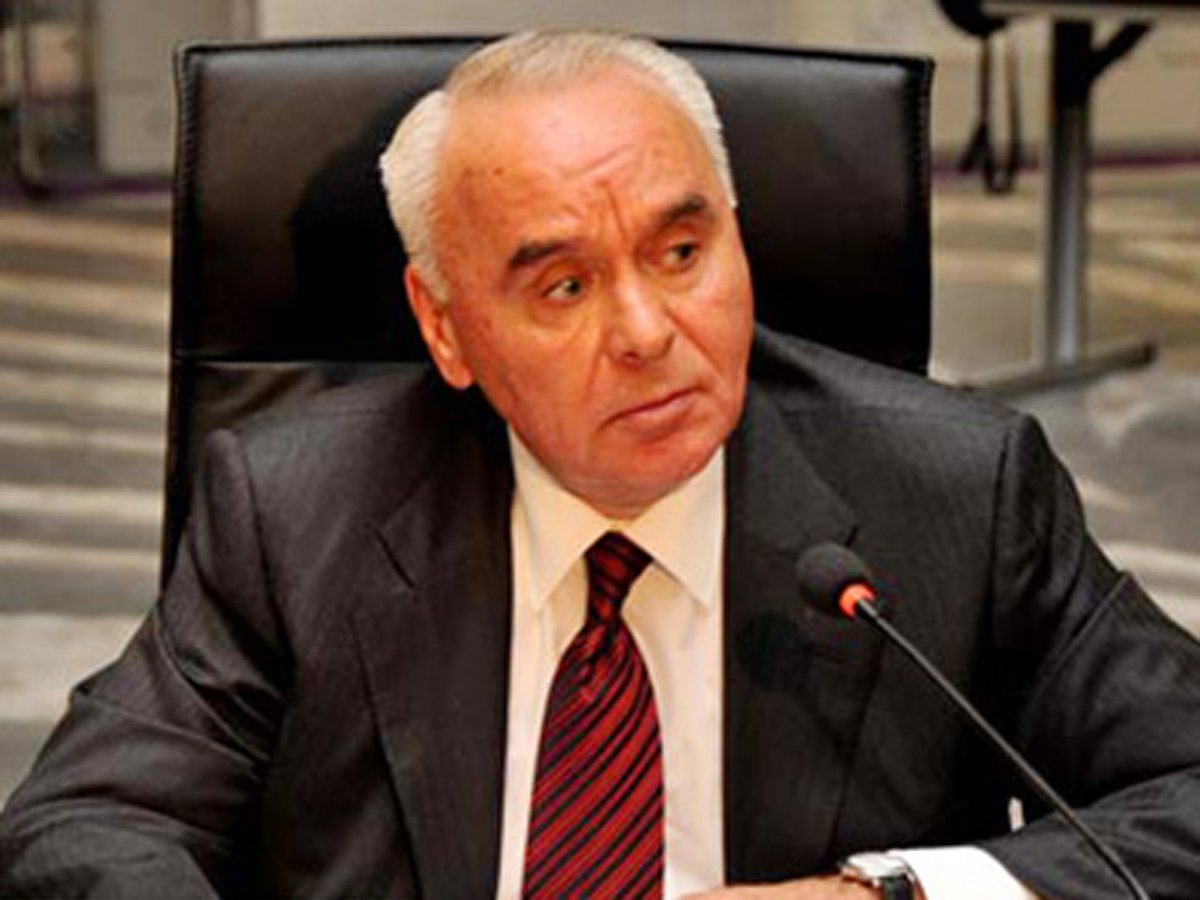Baku, Azerbaijan, Nov. 15
By Seba Aghayeva – Trend:
Azerbaijan expects from the EU a clear position on the Armenian-Azerbaijani Nagorno-Karabakh conflict’s settlement after a new Azerbaijan-EU strategic partnership agreement is signed, Azerbaijani Deputy Foreign Minister Mahmud Mammad-Guliyev told Trend Nov. 15.
“This is the most important issue to be discussed within the framework of the future talks between Azerbaijan and the EU,” said the deputy minister.
He added that Azerbaijan made it clear that the country intends to hold talks in this direction, because this issue is of particular importance for Baku.
Azerbaijani Foreign Minister Elmar Mammadyarov met with EU Commissioner for European Neighbourhood Policy and Enlargement Negotiations Johannes Hahn at the Eastern Partnership summit in Riga in May 2015. Mammadyarov delivered a draft agreement on strategic partnership between Azerbaijan and the EU to Hahn and expressed the intention of the Azerbaijani side to develop cooperation with EU in that area.
Foreign Affairs Council, made up of EU member state ministers, adopted conclusions on the Eastern Partnership program Nov. 14 after discussing current multilateral and bilateral relations with the six countries of the program: Armenia, Azerbaijan, Belarus, Georgia, Moldova and Ukraine.
“The Council calls for renewed efforts to promote the peaceful settlement of conflicts in the region on the basis of the principles and norms of international law,” the conclusions read. “The EU remains committed in its support to the territorial integrity, independence and sovereignty of all its partners.”
The future format of talks between Azerbaijan and the EU on the draft partnership agreement will still be specified, Mammad-Guliyev said.
“The current format of Azerbaijan-EU cooperation within the framework of the existing agreement within the subcommittees can be maintained in the future as well,” Mammad-Guliyev said.
He noted that subcommittees in other areas may be established as well.
“It all depends on the subject of negotiations,” added the official.
Four subcommittees operate between Azerbaijan and the EU: the first subcommittee deals with trade issues, the second one deals with issues of justice, freedom, security, human rights and democracy, the third one deals with issues of energy, transport and environment, and the fourth one deals with social and humanitarian issues, covering the fields of education, medicine, etc.
Regarding the period of launching the negotiations between Azerbaijan and the EU, Mammad-Guliyev said that this issue will still be discussed with the Union.
The European Council adopted a mandate for the European Commission and the high representative for foreign affairs and security policy to negotiate, on behalf of the EU and its member states, a comprehensive agreement with Azerbaijan Nov. 14.
The new agreement should replace the 1996 partnership and cooperation agreement and should better take account of the shared objectives and challenges the EU and Azerbaijan face today, said the message on the European council’s website.
The agreement will follow the principles endorsed in the 2015 review of the European Neighbourhood Policy and offer a renewed basis for political dialogue and mutually beneficial cooperation between the EU and Azerbaijan, said the message.
The new agreement envisages the compliance of Azerbaijan’s legislation and procedures with the EU’s most important international trade norms and standards, which should lead to the improvement of Azerbaijani goods’ access to the EU markets.
Currently, bilateral relations between the EU and Azerbaijan are regulated on the basis of an agreement on partnership and cooperation that was signed in 1996 and entered into force in 1999.
---
Follow the author on Twitter: @Asebaa






